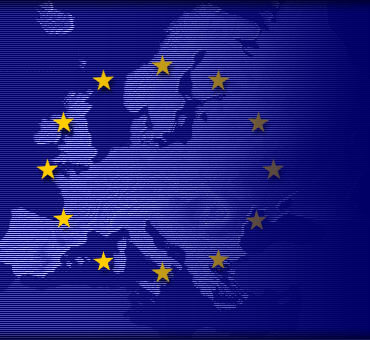
From Ana Palacio, the New Atlanticist: [T]heir overwhelming focus on the economics of the euro crisis is itself part of the problem because the crisis is, above all, a reflection of deep-seated weaknesses in European institutions and the fabric of European society. Otherwise, what began as a marginal debt crisis, aggravated by political indecisiveness in Greece and in the European Union as a whole, would not have grown into an existential watershed moment for the European project. . . .
Europe’s current crisis is rooted in loss. Untethered from the mooring of Cold War-era bipolarity, Europe was swept off its feet and cast adrift in the currents of a globalized world, unable to find either its place or direction. Most critically, Europe’s old instincts and modus operandi persisted long after the new contours of global affairs had taken shape.
They still do. That is why, in facing its gravest test so far, Europe seems oblivious: its leaders project confusion and indecision; its citizens exude a mixture of complacency, indifference, and self-doubt; and its institutions are locked in turf battles and remain hindered by laborious procedures and protocol.
It is also part of the reason why markets are besieging the eurozone so incessantly. What investors sense is not weak economic fundamentals, but Europe’s weak political fundamentals – the absence of a governance structure with real power and the will to use that power to resolve problems. If Europe is to adjust to the requirements of the new “Pacific world,” it does not need fine-tuning; it needs a new design.
The EU is a political structure based on the rule of law. As such, it cannot afford to disregard the vital tasks of updating its procedural components. On a deeper level, Europeans need to replace their melodramatic, and entirely groundless, self-doubt with the pride and determination befitting their example of democracy and prosperity. And, most immediately, Germany must stop singing solo and start playing its part in the European choir.
Ana Palacio is a former Spanish foreign minister, former Senior Vice President and General Counsel of the World Bank, and current member of the Atlantic Council’s Board of Directors. This essay originally appeared on Project Syndicate.
Image: EU-MAP_0.jpg
